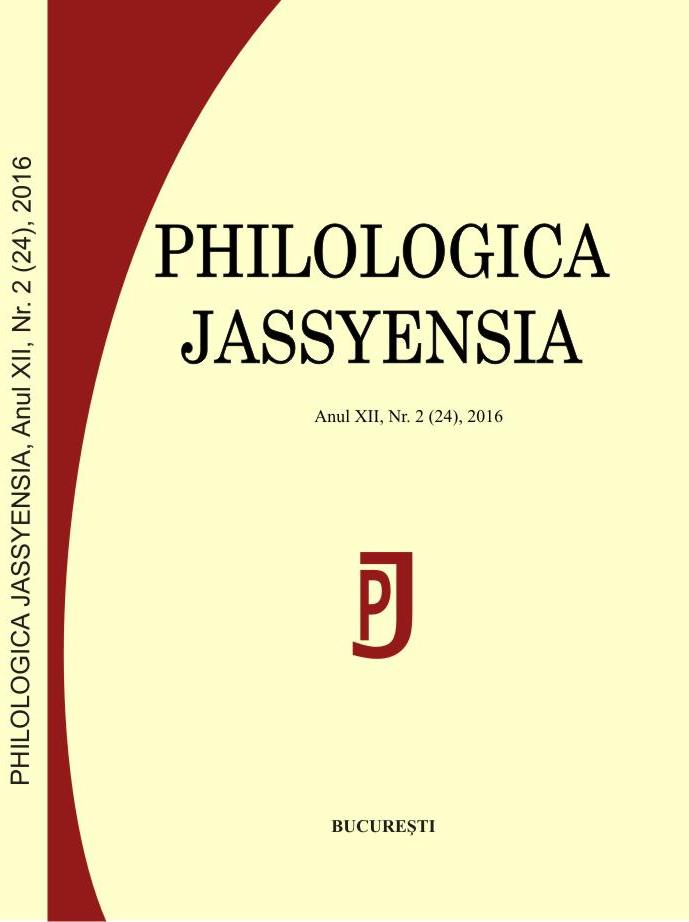Higher Education in Slovak Language in Serbia
Higher Education in Slovak Language in Serbia
Author(s): Jarmila HodoličováSubject(s): Language and Literature Studies
Published by: Editura Tracus Arte
Keywords: lectures in Slovak; Vojvodina-Serbia; Slovak Studies; Novi Sad; Faculty of Pedagogy; Bački Petrovec
Summary/Abstract: This paper presents education in the Slovak language in three high schools in Serbia.In 2011/2012 academic year the Department of Slovak studies of the Faculty of Philosophy in Novi Sad marked a significant jubilee: 50 years of the establishment of the study group – Slovak language and literature. The Faculty of Philosophy was founded in June 1954. Provincial authorities introduced a two-year study program of Slovak language and literature in 1960/61 academic year as a part of Higher School of Pedagogy in Novi Sad. When it comes to gaining greater independence, it was only possible for the Higher School of Slovak language to get it once it has met the legal regulations and strengthened the human resources department.Reformation of higher education and science in Vojvodina in 1975 caused the reorganization of the Faculty of Philosophy in Novi Sad: it led to the establishment of separate institutes as individual study groups and to extending the duration of studies to four years. One separate department now becomes an institute in itself. These institutes included not only lectures but also scientific work. Starting from 2006/07 academic year, in accordance with the Bologna Declaration, the institutes transferred to four- and five- year (4+1) study programs- Bachelor studies. Up until today, 150 students have graduated from Slovak language and literature studies. The Department of Slovak Studies at the Faculty of Philosophy in Novi Sad is now the biggest Slovak center outside the Slovak Republic. After the end of the World War II, due to the insufficient number of Slovak language teachers, the need for setting up a Teaching School arose. It was established in Báčsky Petrovec as a part of the Slovak grammar school and it operated in the period between 1947 and 1966. Two hundred sixteen young teachers graduated from this school during its nineteen-year-old career. In 1973/74–1975/76 academic years there was a possibility for the Slovak teachers to go through specialization, 80 of whom got their degrees after a two-year studying program. Teachers who had finished Higher School of Pedagogy went through the specialization program in the period between 1988 and 2003, and, after finishing the two-year program, gained the academic title-class teacher. When it comes to high school level of education, directed departments of the Academy of Pedagogy were set up in Bački Petrovac in the periods 1977/78–1978/79. An outpost in Slovak language within the Faculty of Pedagogy in Sombor was operational in Bački Petrovac in the period between 1998 and 2012. Last generation of students graduated the faculty in 2012 thus ending the presence of the Faculty of Pedagogy in Bački Petrovac. What led to closing of this center was the fact that it did not meet the necessary requirements for getting the accreditation recognized by the Ministry of Education since the program did not involve the needed number of professional courses that would enable the students to practice teaching in Slovak language afterwards.The High School of Vocational Studies for Teachers was established in Novi Sad in the 2007/08 academic year. Before that, teachers used to study on the Higher School of Pedagogy – the department for teachers, but the studies were organized in Serbian language only and they lasted for two semesters. In the 2008/09 academic year this school started with a separate department in Slovak language. Students whose mother tongue is Slovak listen to the lectures in Slovak, as well. During the first two years of their studies, the students listen to all of their professional courses in Slovak language: mother tongue, speech culture children’s literature and methods of speech development. The rest of the courses that they attend are being organized in the Serbian language due to lack of staff.
Journal: Philologica Jassyensia
- Issue Year: XII/2016
- Issue No: 2 (24)
- Page Range: 221-228
- Page Count: 8
- Language: English

